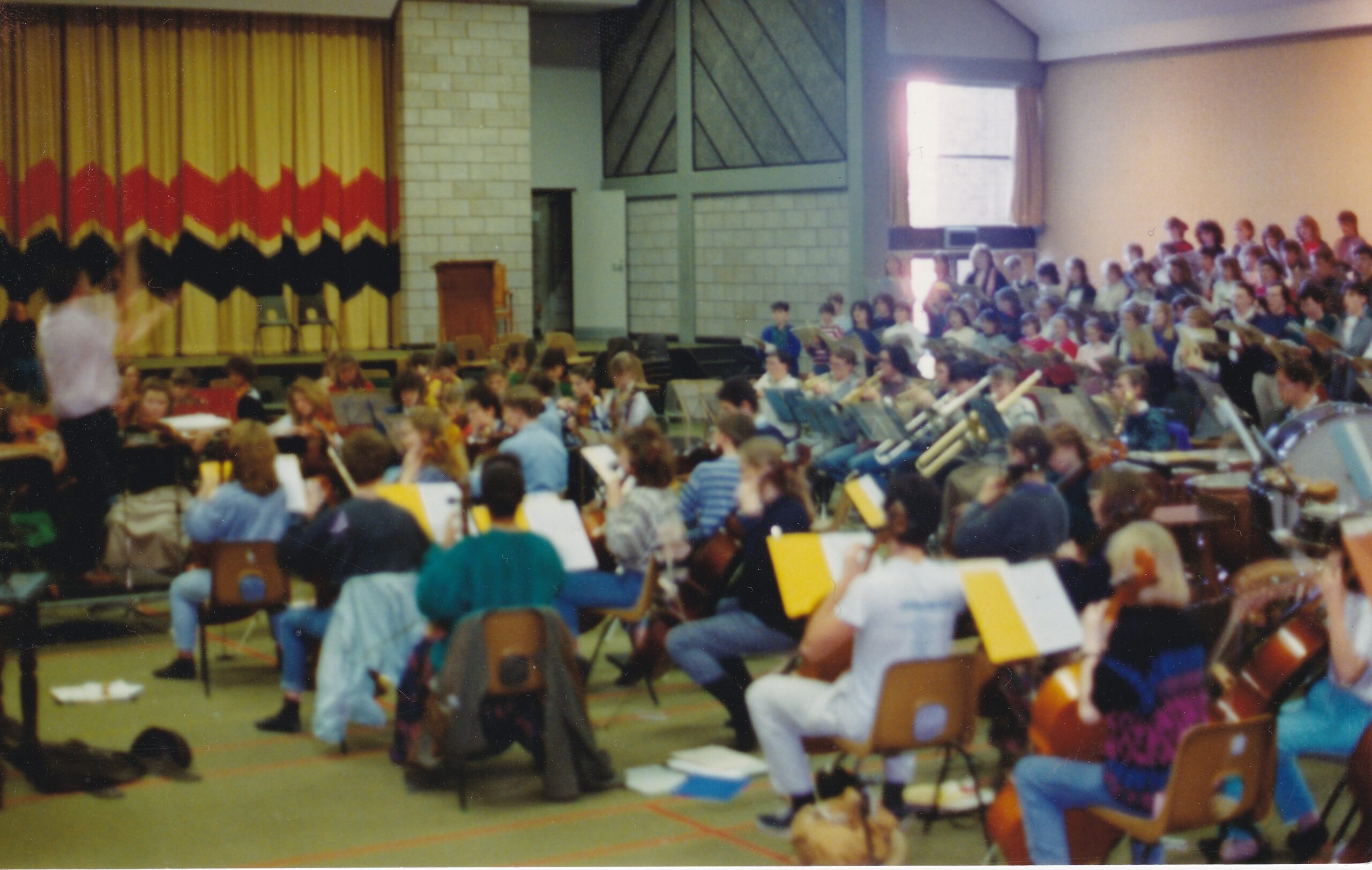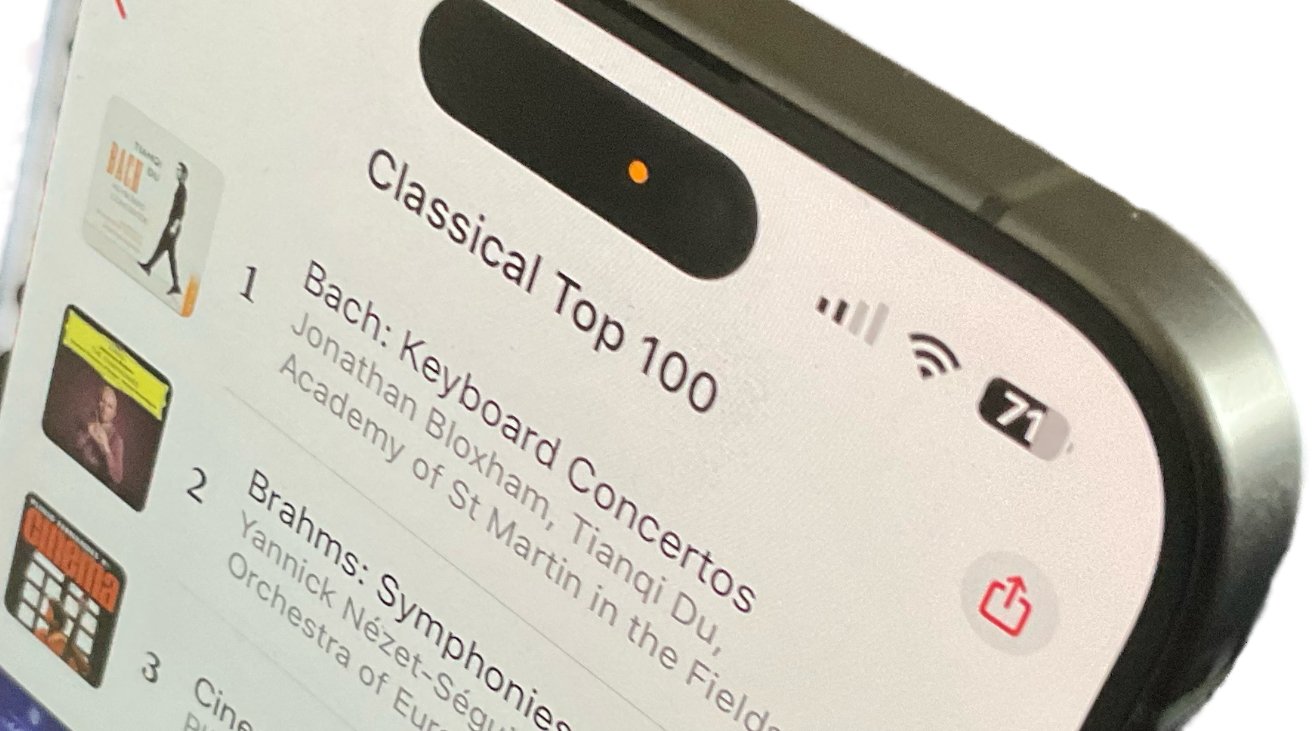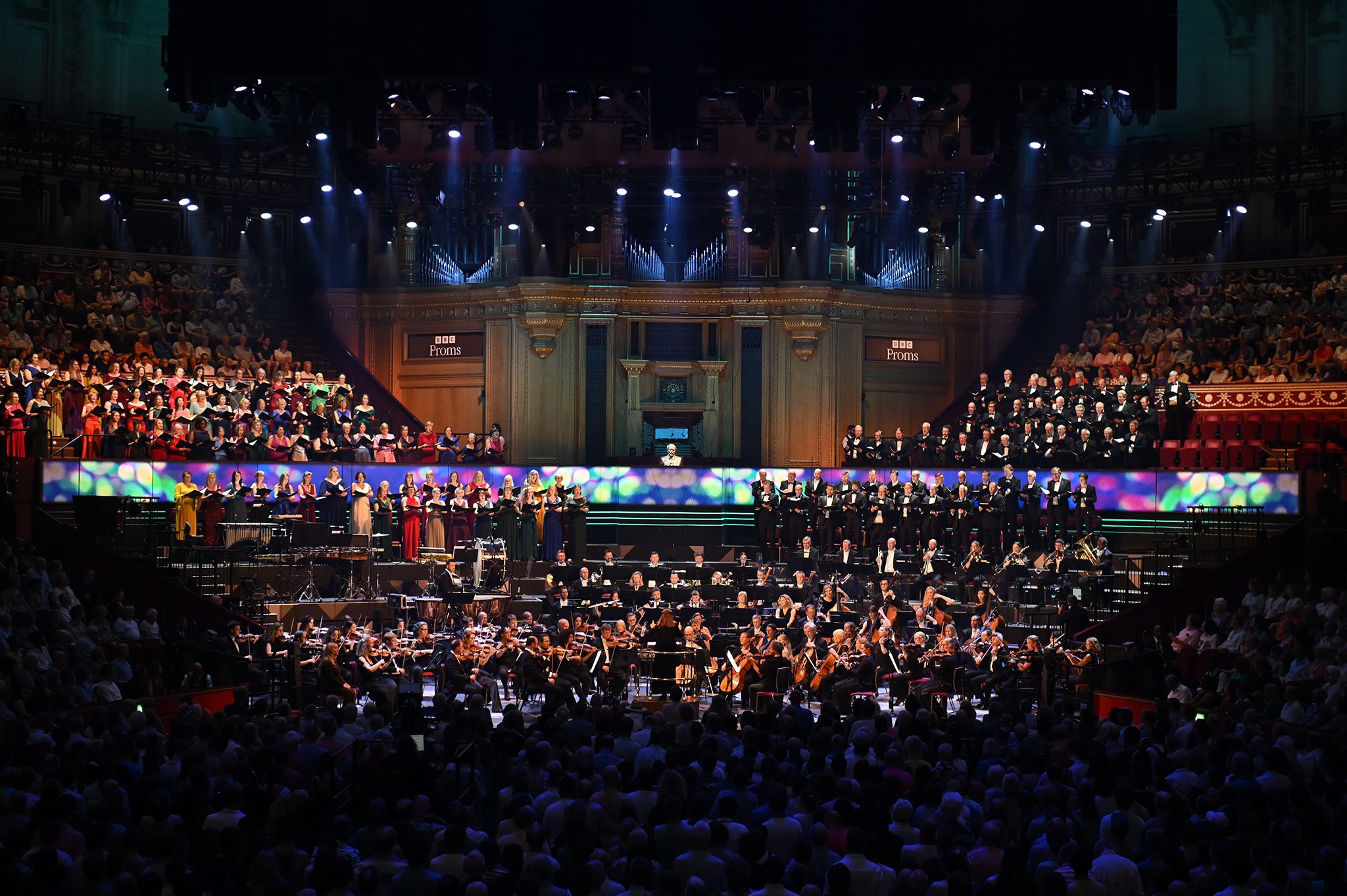Dreary school concerts attended by a reluctant audience. A traumatic experience of practical music-making
School concerts were a special kind of ordeal when I was a teenager. Always scheduled on Sunday evenings, the prospect of performing in one curtailed the weekends for spectators and performers. School uniforms had to be put on. Car journeys embarked upon. An audience of disgruntled boarders shored up the embarrassingly low attendance. It was in some respects quite miserable music-making.
Pieces practiced in dusty practice rooms became a form of self-inflicted punishment when performed to this reluctant audience. A flawless performance was crucial. The rest of the school were the worst kind of critics. Squeaks, poor intonation, or a shaky voice risked ongoing humiliation. This belligerent crowd would exchange glances or intentionally stare, broadcasting their boredom or attempting to disrupt. The ripple of applause marked the end of the sentence, the brief reward of slipping away from their critical gaze tempered by the expectation we’d sit in solidarity for those yet to perform.
While our school boasted dedicated talented music teachers with good intentions, the broader school community failed to appreciate the significance of music. Practical music-making was viewed as an interruption, a curiosity, evidence of difference, and a source of ridicule, certainly by students.
As my musical skills progressed, the comments about me became louder. The spotlight (not as bright for me as it was for considerably more talented individuals) was an uncomfortable place to be. As my technique improved the teasing got worse. Playing the clarinet well was important to me. But walking around hearing people shout ‘He walks around like he’s got a clarinet stuffed up his arse, the poof’ made me recoil.
I withdrew to practice rooms to hone the technique even more. Social skills were low down on the list of priorities.
In some respects, the exposure this difference brought about prepared me in some positive ways. I’ve never really experienced stage fright and always quite enjoyed presentations and presenting gigs.
And when it came to playing in the county youth orchestra (playing in rehearsals in exactly the same physical space – the orchestra took over my school during the holidays) I found myself in the company of like-minded musicians. It was an experience that offered an oasis of practical music-making, far removed from the scepticism and disdain of school life. In this group, the experience of playing a solo wasn’t traumatic. There was a sense of triumph in validation.
I sometimes wonder whether some of my peers would have changed their view had they seen the county youth orchestra rehearse instead of sitting through an end of term concert on a Sunday evening.

Amidst ongoing discussions about the necessity of reinstating music education, I find myself reflecting on some of the experiences I had as a teenager. Had music received the same endorsement from teachers across disciplines and in management, would the experience of playing, learning, and practicing have been less traumatic?
I now know that there was a different kind of trauma experience in sports teams at the same school, competitive parents encouraging similarly competitive offspring downplaying the importance of team spirit in favour of aggressive and intimidating behaviour. Yet, the sport was looked on with pride by the school. It was to a much greater extent accepted (or tolerated through gritted teeth) by the rest of us. If music education had the same kind of PR behind it, might my and others’ experiences have been different?
It’s not enough to simply say that music education needs to be reinstated in schools. Its success depends heavily on supportive leadership. Leaders must lead by example to reinforce the importance of music education, preventing it from becoming a potential source of trauma for those who pursue it. We assume that all teaching establishments would agree on the value of music in education, but what if some professionals see it as threatening their own chosen field of expertise?
Nearly forty years later, my school’s view on music has changed considerably, I’m pleased to say, with humanities proudly showcased in glossy publications. While I may never have sufficient money to ‘give back’ to the institution in the same way that some others have in other disciplines, I hope this endorsement of the arts helps avoid people experiencing isolation or exclusion by peers who denigrate it.
Leading change amongst students, parents, and non-arts staff plays an important part in the broader goal of reinstating music education. How do education leaders effectively bring about this change? I’m not entirely sure.



